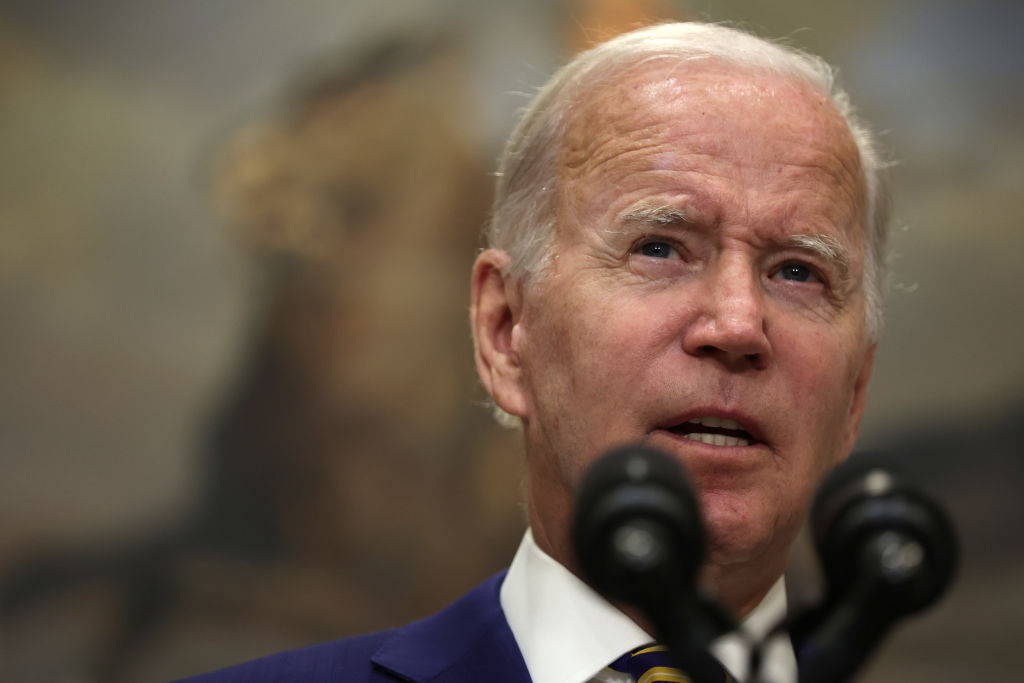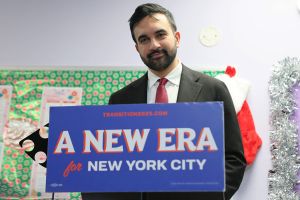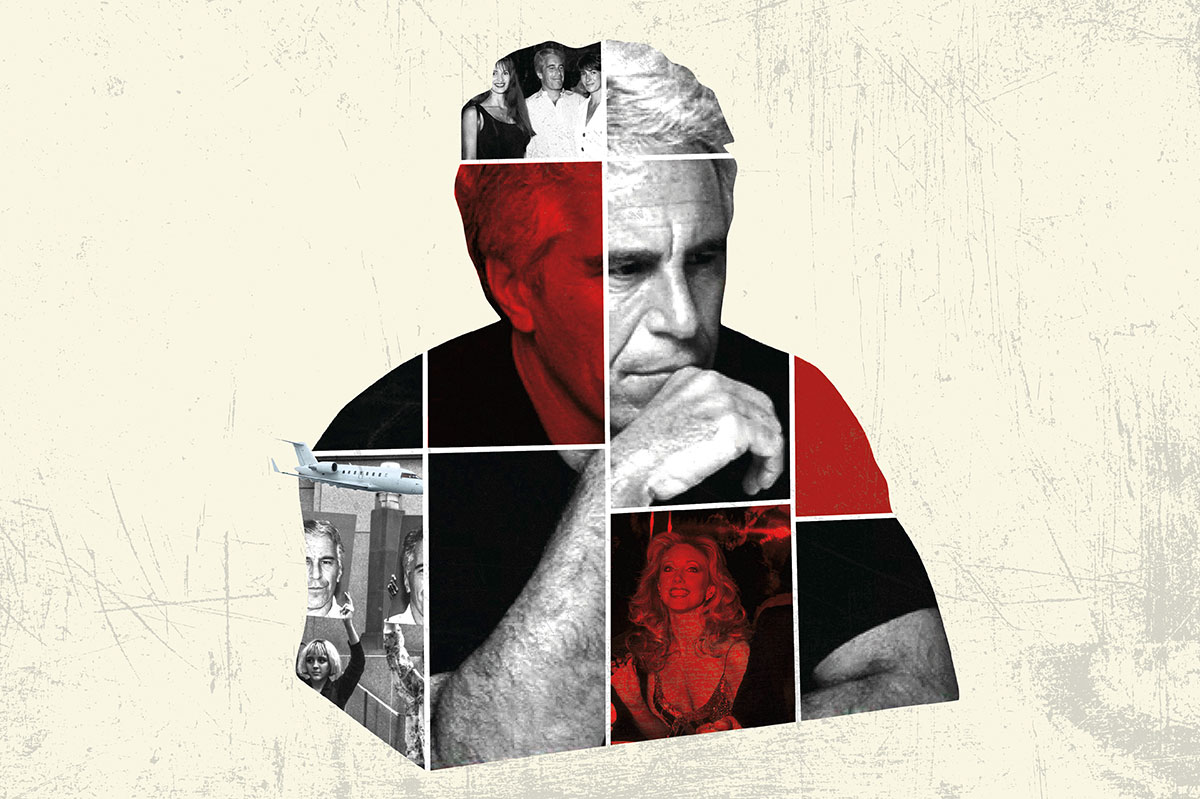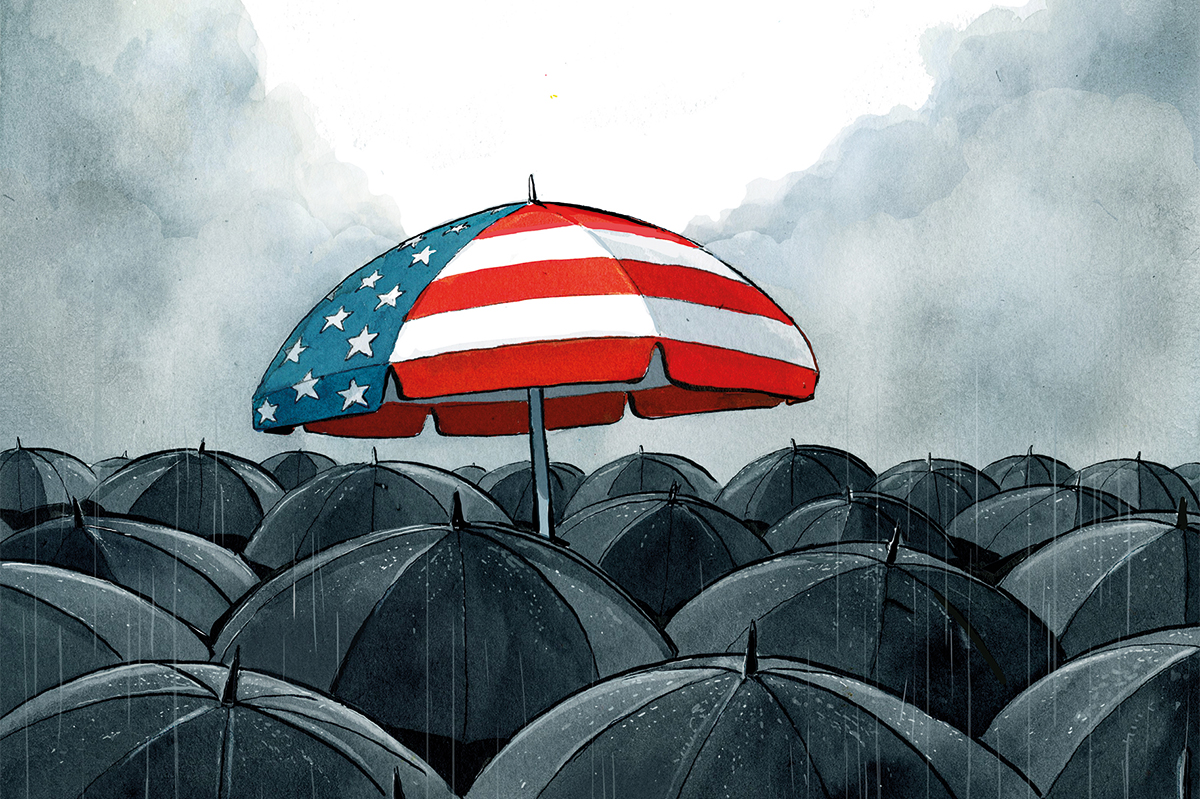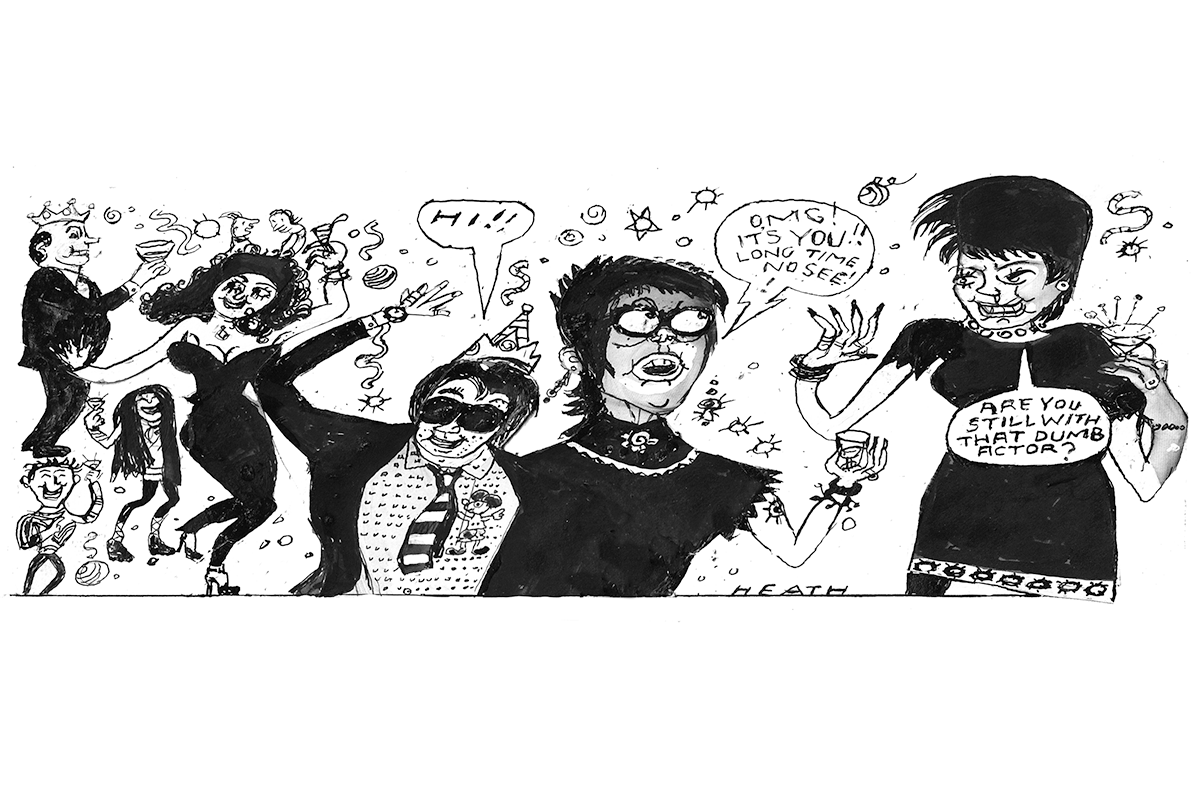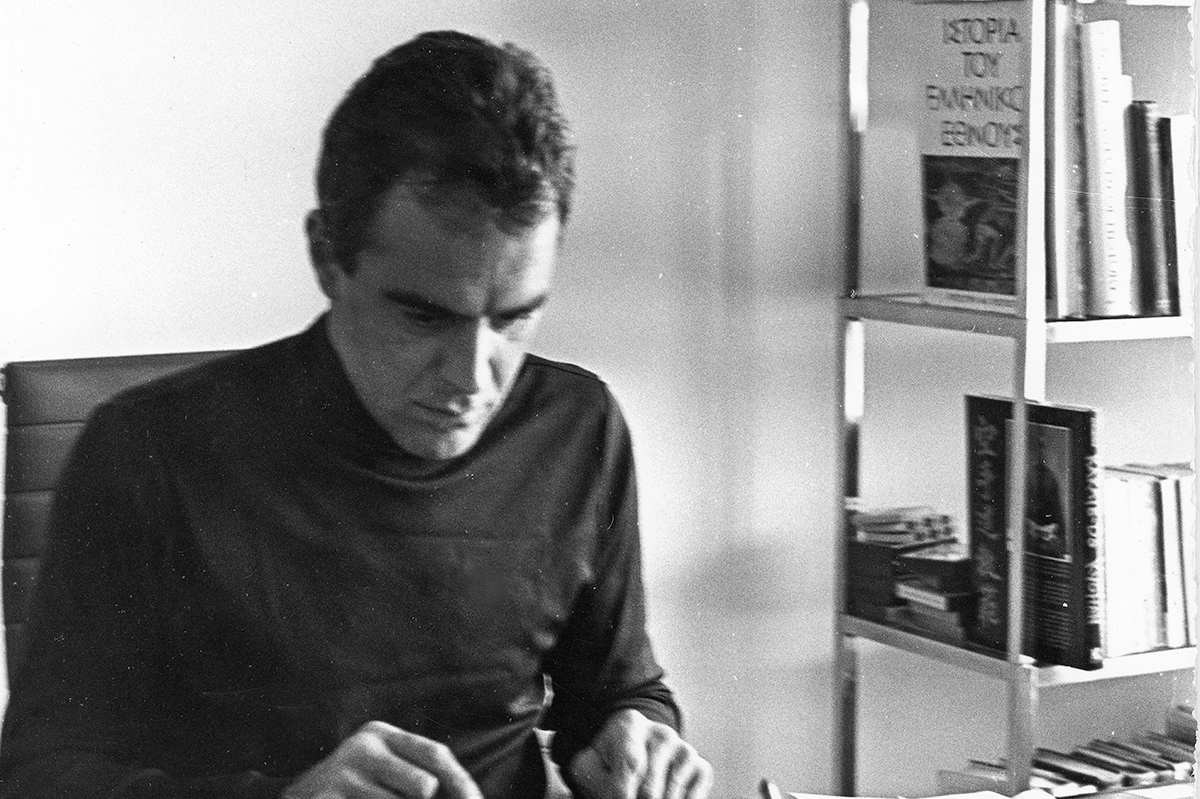Biden’s Taiwan tangle is not good enough
Joe Biden could not have been clearer in his 60 Minutes interview last night. In an exchange about Taiwan, reporter Scott Pelley asked: “Would US forces defend the island?”
The president responded: “Yes, if in fact there was an unprecedented attack.”
What happened next followed a familiar script. As Pelley narrated: “After our interview a White House official told us US policy has not changed. Officially, the US will not say whether American forces would defend Taiwan. But the commander-in-chief had a view of his own.”
The segment then cut back to the conversation between Pelley and Biden. “So unlike Ukraine, to be clear, sir, US forces, US men and women would defend Taiwan in the event of a Chinese invasion,” asked Pelley.
“Yes,” replied Biden.
This was the fourth time during his presidency that Biden had given such an assurance. The president’s affirmative answers only get clearer, but the White House’s denials that official policy has changed get no less ambiguous.
What are those listening — the American people, the Chinese and Taiwanese governments, the rest of the world — supposed to make of the very obvious gap between Biden and his White House? If the president makes repeatedly makes clear public promises, do they not constitute “official” public policy?
Strategic ambiguity — the long-standing American approach to Taiwan — and flat contradiction are very different things. The present approach of the US government is for the president and his own spokespeople to be at odds with one another over arguably the most important and fraught geopolitical question in the world. Does that mitigate risks of needless escalation in the way that strategic ambiguity is designed to?
In the face of an increasingly belligerent China, it is not clear how much longer this confusion should go on. And if Biden means what he says about Taiwan, the US people should not be left uncertain about what their president is committing to and what needs to be done to honor that commitment.
*** Sign up to receive the DC Diary in your inbox here ***
Public displays of US-UK affection
As someone born in America, raised in Britain and now living in the US, I’ll confess that I always found Americans’ royal obsession a little annoying. Stateside, it seemed like a centuries-old British institution was reduced to nothing more than a reality TV show. And the quickness with which an English accent leads to a conversation about the Queen, or Harry and Meghan, or whatever the royal issue du jour may be, gets old fast. There’s more to the UK than the monarchy, I would mutter to myself uncharitably after the umpteenth discussion of tea at the palace. But the American reaction to the death of Queen Elizabeth II has forced me to reconsider this rather mean-spirited view.
Ignoring some unrepresentative and ahistorical “anti-colonialist” hot takes, the fascination, affection, admiration and reverence shown by Americans at this British turning point has, for this dual national, been a moving and pleasant surprise. I’ve just got back to Washington from a trip to see friends and family. In New Jersey, a billboard by the side of the highway marked the Queen’s death, a portrait and her dates solemnly displayed for the thousands of commuters whizzing past. On Long Island, Union Jacks hung from people’s porches, while the stars and stripes were at half mast everywhere from the local fire station to the waterside restaurant. These are small things, of course. But I’ve surprised myself with how much meaning I have found in them.
Anglo-American identity is a funny thing. It is practically invisible, especially compared to the very conspicuous displays of pride that define, say, Irish Americanism, or a range of other hybrid identities. But part of the reason it is so hard to see is because of its ubiquity. Consider, for example, how absurd it would sound for anyone whose family has been in the US for more than a few generations to call themselves British-American or English-American. The links between the UK and the US are taken as given. The Queen’s death, however, has been a paradoxical and unusually visible reminder of the republic’s affection for the country from which it split. The Queen’s funeral this morning was an unmistakably British event of which there is no American equivalent. And yet, somehow, a very clear illustration of the differences between the UK and the US has also been a reminder of how close the links between the two countries are.
Walker: ‘I’m not that smart’
Herschel Walker is setting the running when it comes to midterm expectation management. With almost a month to go before a debate between the Republican Senate candidate in Georgia and Democratic incumbent Raphael Warnock, Walker lowered the bar. “I’m a country boy,” he said Walker at a press conference in Savannah on Friday. I’m not that smart. He’s a preacher. [Warnock] is smart and wears these nice suits. So, he is going to show up and embarrass me at the debate… I’m just waiting to show up and I will do my best.”
The pandemic is over… student debt is still canceled
As well as using his 60 Minutes interview to commit geopolitical news, the president also declared the pandemic “over.” “The pandemic is over,” he said. “We still have a problem with Covid. We’re still doing a lot of work on it. But the pandemic is over.” This prompted a predictable flurry of complaints to his left: insistences that the data suggests otherwise, dismayed accusations of betrayal from zero-Covid diehards, you know the drill.
Biden is right. The president’s most clear-cut acceptance that we are not in the middle of a public health emergency is an overdue acknowledgement of reality. But the president’s definitive answer to one question prompts another: if the pandemic is over, what is the legal basis for student debt forgiveness?
As National Review’s Charles C.W. Cooke explains, the (already pretty spurious) legal justification for the move was provisions of the 2003 HEROES Act. That legislation depends on the existence of an ongoing emergency to justify the kind of executive action through which Biden passed the burden of student debt from graduates to taxpayers. If there’s no pandemic, there’s surely no emergency. And if there’s no emergency, what makes the Biden administration’s debt cancellation move remotely legally justifiable?
What you should be reading today
A.N. Wilson: The Queen’s strength was that she did not change
Grace Curley: Republicans are finally winning the optics war
The Spectator: How The Spectator reported the Queen’s life
Cameron McWhirter, Wall Street Journal: New Orleans has America’s number one murder rate
Mark P. Mills, City Journal: Europe is losing the energy war
Reuters: Ukraine says hundreds of bodies found in mass burial site
Poll watch
President Biden job approval
Approve: 42.2 percent
Disapprove: 53.4 percent
Net approval: -11.2 (RCP Average)
Texas gubernatorial race
Greg Abbott (R): 47 percent
Beto O’Rourke (D): 38 percent (Dallas Morning News)



